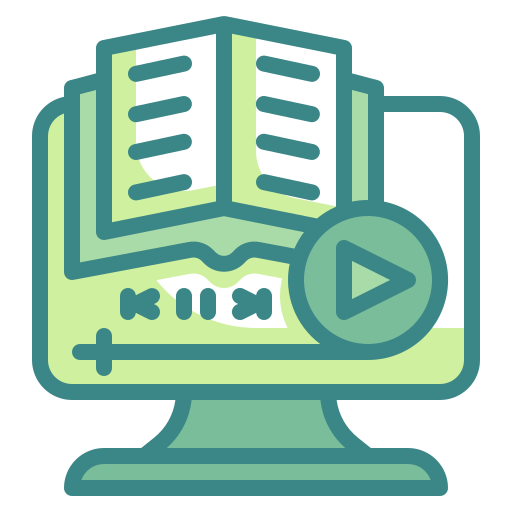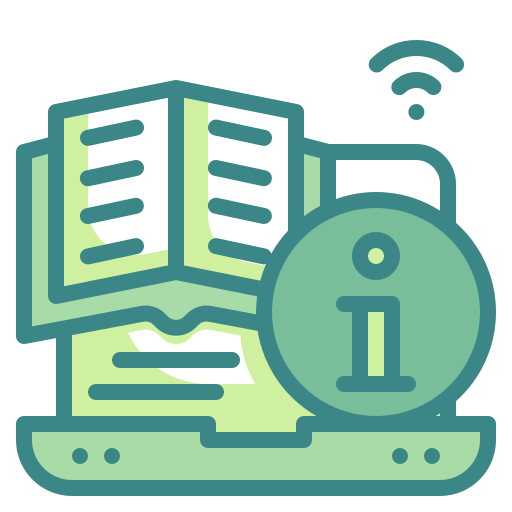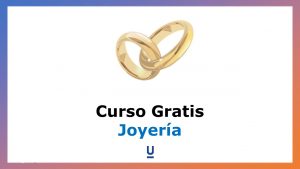Model types, Algorithms and approaches, Function approximation, Deep reinforcement-learning, Deep Multi-agent Reinforcem
Hello I am Nitsan Soffair, A Deep RL researcher at BGU.
In my Deep reinforcement-learning course you will learn the newest state-of-the-art Deep reinforcement-learning knowledge.
You will do the following
Get state-of-the-art knowledge regarding
Model types
Algorithms and approaches
Function approximation
Deep reinforcement-learning
Deep Multi-agent Reinforcement-learning
Validate your knowledge by answering short and very short quizzes of each lecture.
Be able to complete the course by ~2 hours.
Syllabus
Model types
Markov decision process (MDP)
A discrete-time stochastic control process.
Partially observable Markov decision process (POMDP)
A generalization of MDP in which an agent cannot observe the state.
Decentralized Partially observable Markov decision process (Dec-POMDP)
A generalization of POMDP to consider multiple decentralized agents.
Algorithms and approaches
Bellman equations
A condition for optimality of optimization of dynamic programming.
Model-free
A model-free algorithm is an algorithm which does not use the policy of the MDP.
Off-policy
An off-policy algorithm is an algorithm that use policy 1 for learning and policy 2 for acting in the environment.
Exploration-exploitation
A trade-off in Reinforcement-learning between exploring new policies to use existing policies.
Value-iteration
An iterative algorithm applying bellman optimality backup.
SARSA
An algorithm for learning a Markov decision process policy
Q-learning
A model-free reinforcement learning algorithm to learn the value of an action in a particular state.
Function approximation
Function approximators
The problem asks us to select a function among a well-defined class that closely matches (“approximates”) a target function in a task-specific way.
Policy-gradient
Value-based, Policy-based, Actor-critic, policy-gradient, and softmax policy
REINFORCE
A policy-gradient algorithm.
Deep reinforcement-learning
Deep Q-Network (DQN)
A deep reinforcement-learning algorithm using experience reply and fixed Q-targets.
Deep Recurrent Q-Learning (DRQN)
Deep reinforcement-learning algorithm for POMDP extends DQN and uses LSTM.
Optimistic Exploration with Pessimistic Initialization (OPIQ)
A deep reinforcement-learning for MDP based on DQN.
Value Decomposition Networks (VDN)
A multi-agent deep reinforcement-learning algorithm for Dec-POMDP.
QMIX
A multi-agent deep reinforcement-learning algorithm for Dec-POMDP.
QTRAN
A multi-agent deep reinforcement-learning algorithm for Dec-POMDP.
Weighted QMIX
A deep multi-agent reinforcement-learning for Dec-POMDP.
Resources
Wikipedia
David Silver’s Reinforcement-learning course

Aprendizaje por refuerzo moderno con aprendizaje profundo
Model types, Algorithms and approaches, Function approximation, Deep reinforcement-learning, Deep Multi-agent Reinforcem”
Este curso es GRATIS
¿Quieres más cursos gratis?
Únete a nuestro canal en Telegram con cientos de cursos gratis publicados diariamente
Curso gratis en Udemy
Con los cursos gratis de Udemy puedes aprender muchas cosas sin tener que gastar en ello. Pero primero debes tener en cuenta varias cosas:

Contenido Gratuito
Los cursos gratis de Udemy te permiten aprender nuevas cosas sin tener que pagar. Aprovecha la oportunidad.

Aprendizaje
Pon en práctica todos tus conocimientos aprendidos. Realiza increíbles proyectos basados en el mundo real.

Limites
Debes tener en cuenta que todos los cursos gratuitos de Udemy son de máximo 2 horas y no incluyen un certificado.
Este curso se encuentra disponible de manera gratuita sin necesidad de ningún cupón, a través de la opción “GRATIS”.
Te recomendamos primero leer las diferencias entre un curso gratis y uno de pago para evitar malentendidos:
Cursos gratuitos
- Contenido de vídeo en línea
Cursos de pago
- Contenido de vídeo en línea
- Certificado de finalización
- Preguntas y respuestas de los instructores
- Mensaje directo para el instructor
Aunque los cursos son colocados de manera gratuita, es posible que el autor del curso pueda cambiarlos a modalidad de pago, por lo cual te recomendamos revisar muy bien las características del curso.
Para obtener el curso de manera gratuita usa el siguiente botón:
Deja tus comentarios y sugerencias
Sobre Facialix
Facialix es un sitio web que tiene como objetivo apoyar en el aprendizaje y educación de jóvenes y grandes. Buscando y categorizando recursos educativos gratuitos de internet, de esta manera Facialix ayuda en el constante aprendizaje de todos.



